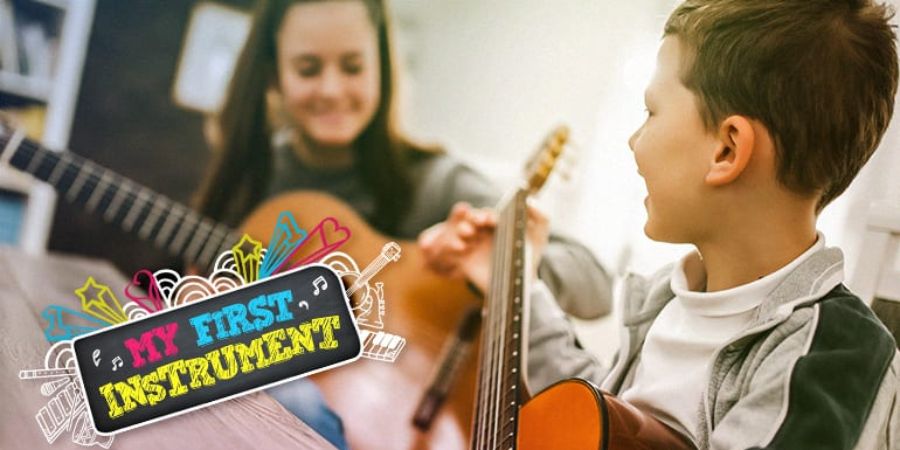

Music is fun and making it even more fun! It’s easy to see why parents want their kids to enjoy this awesome hobby . Learning to play the instrument is also of great benefit to the little ones in the family: the development of cognitive, motor, and mental skills to name a few. Here are 10 reasons why you should encourage your child to take up music and help him or her embark on a great journey of exploration.
The research by Mr. Martin (a researcher at the University of British Columbia in Vancouver ) and his team is still fairly recent. The biggest question in the study is whether students who make or play music in school bands, orchestras, or choirs are more effective than their non-music classmates. Data evaluation comes from more than 110,000 Canadian students , 13% of whom were musically active. Result: The more often and intensely a child makes music, the better his or her grades will be. And those students who have been playing an instrument for years are ahead of the other students in about one school year .
Brain researchers at the Max Planck Institute , who study the cognitive sciences as well as neuroscience in Leipzig , studied the impact of musical practice on children’s speech and music production more than 10 years ago. In their study, it was concluded that music and speech are processed in the same areas of the brain . This means that musically advanced children are also more developed in language skills . And this if what is useful in school and afterwards also in working life.
If children learn to play an instrument they will be able to overcome small obstacles first and later also more easily . They always cross the bars after each new learning process. They gradually become better at problem solving and soon they can do something that not everyone can do. This strengthens children’s self-confidence and makes them mentally strong even in non-music situations.
The fact is that when children practice playing the player, they also automatically process their own feelings and body at the same time and listen to themselves very carefully. Controlling the instrument ultimately means precise and complex motor control . This interacts with the senses and the ability to feel oneself is a trait that helps children throughout their lives.






